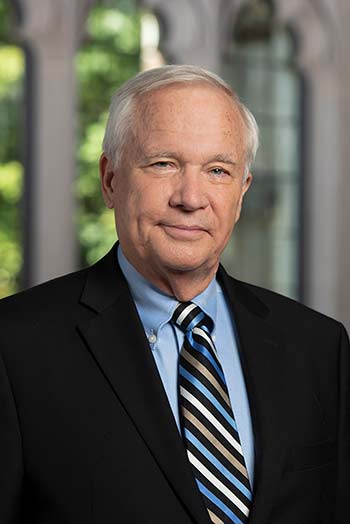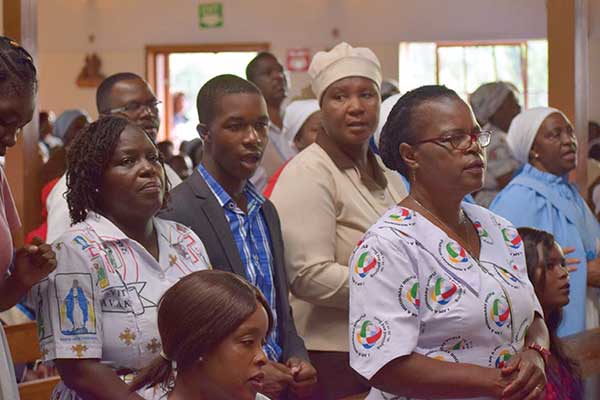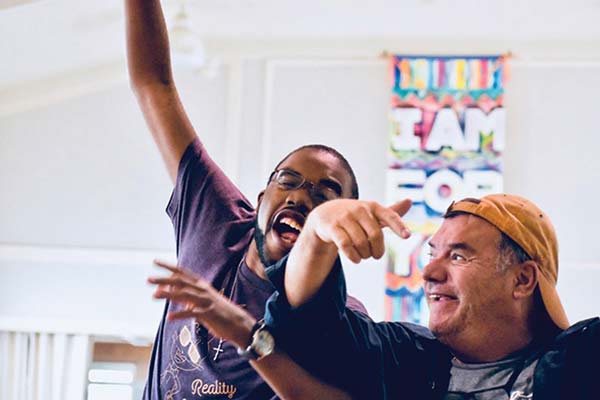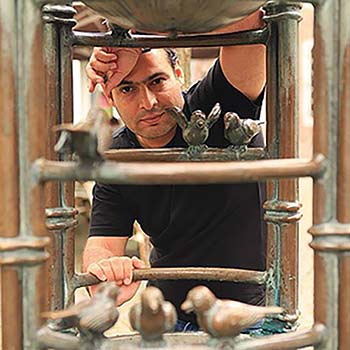Subtotal: $
Checkout-

What Goes Up
-

The Politics of the Gospel
-

What Are Prophets For
-

A Letter to the Emperor
-

The Anabaptist Vision of Politics
-

Jakob Hutter
-

The Bruderhof and the State
-

Saint Patrick
-

Reading Romans 13 Under Fascism
-

Holding Our Own
-

Living with Strangers
-

Tolstoy’s Case Against Humane War
-

Edna St. Vincent Millay’s “Conscientious Objector”
-

Oscar Romero
-

The Martyr in Street Clothes
-

Editors’ Picks Issue 24
-

Van Gogh Comics
-

Boys Aren’t the Problem
-

The Woman Who Carried Me
-

Samuel Ruiz García
-

Christian Nonviolence and Church History
-

American Muslims: Race, Faith, and Political Allegiance
-

Ministers and Magistrates
-

Pick the Right Politics
-

Editor’s Postscript: Notes from the Lockdown
-

Readers Respond: Issue 24

Beyond Capitalism
Will Willimon

Will Willimon Photograph from divinity.duke.edu
Plough hosted an evening event, “Beyond Capitalism: Radical Traditions,” last November at the 2019 annual meetings of the American Academy of Religion and the Society of Biblical Literature in San Diego. From the keynote by Will Willimon, retired Methodist bishop and professor of Christian ministry at Duke Divinity School:
My criticism of capitalism is highly suspect. In fact, when I look upon the achievements of capitalism, and how easily I have worked capitalism to my own personal advantage and advancement, I am unsure why anybody would want to go beyond capitalism… were it not for Jesus.….
Stanley Hauerwas says capitalism survives by convincing us that there is no alternative but the globalized market. By “freedom,” we liberals mean adequate material resources to choose our way into lives worth living. “Equality” means enabling each individual to have the maximum amount of freedom to choose our way out of human contingency. Strangers competing for limited goods in a war of all against all. There is no “beyond,” no telos other than that formed through our arbitrary desires working on our choices by which we impose ourselves on the world. We can buy our way into divinity.
Capitalism promises us freedom, freedom to make up the lives we think we want; yet can’t give us the freedom to live lives that are not determined by capitalism.
As Eberhard Arnold asserted in a speech in 1924, Jesus has every intention of going head-to-head with our false gods; Jesus does not wait until life-after-life to deal with us. “Get rid of the idea that the kingdom Jesus proclaimed is purely otherworldly,” thundered Arnold. New life is intended to begin now; it has to do not only with where we live and how we work, what we eat and drink, but also with where our neighbor lives, especially those neighbors who would gladly feed upon the crumbs from our groaning tables.
From my own failings to resist the wiles of capitalism, from my observations of the way a capitalist extraction economy corrupts even so noble a project as the university, I believe that Arnold is right: it’s virtually inconceivable openly to listen to Jesus and boldly to follow Jesus without a Jesus community backing you up. Capitalism cannot be fully critiqued from within capitalism, because capitalism is so successfully totalistic. What’s required is not a change of heart, or even an intelligent reframing of the problem; it’s the formation of a living, breathing, visible people who refuse to sacrifice their children to the market.
Amid Political Turmoil, a Local Church Steps Up
Dominic Kunaka
Located in the capital of a country facing political upheaval and economic challenges characterized by shortages of fuel, electricity, water, and food, the Holy Name Catholic Church of Zimbabwe is a vibrant center of life and hope. With a congregation of fifteen hundred from varied social and economic backgrounds, the church offers daily Masses in Shona and in English. Parishioners make time for communal prayer and fellowship despite economic and political adversity. The parish has developed social programs to serve their locality regardless of religious persuasion; these include a feeding program and celebrations of wedding anniversaries and Mother’s and Father’s Day.

Holy Name Catholic Church of Zimbabwe Photograph from facebook.com/holynamezw
Reality Ministries
Anita Decker
“We value all people with integrity and intrinsic worth because we know that because of Jesus Christ, they are inside the blessing, not outside.”
—Jeff McSwain
People who enter the Reality Ministries center in Durham, North Carolina, immediately feel a heartbeat. Founded in 2007 by Jeff McSwain, the center has grown into a beautiful community where people of all abilities come together in celebration. Striving to eliminate the separation between those labeled with developmental disabilities and those without, Reality Ministries provides a place of belonging where people can bring their joys and sorrows and be enveloped with love and acceptance and the opportunity to form unlikely friendships.
Executive director Susan McSwain says, “We are constantly trying to blur the lines between the server and the served, the helper and the ones who need help, because we are all broken. What God has created here is a thing of great beauty that our community desperately needs to see, to experience.”
Not just a day program, the ministry has connected people with homes and work at the North Street Neighborhood and the Reality Farm. Learn more at realityministriesinc.org.

Reality Ministries Photograph from realityministriesinc.org
About the Artist: Alireza Karimi Moghaddam

Photograph courtesy of Alireza Karimi Moghaddam
Alireza Karimi Moghaddam, who contributed the van Gogh comics in this issue, was born in Iran in 1975. He earned a master’s degree in graphic art at Azad University in Iran, and is now based in Portugal, working with art faculty of the University of Lisbon and the National Society of Fine Arts.
Since his teenage years he has immersed himself in the life and art of Vincent van Gogh. For the past thirty years his award-winning cartoons and illustrations have conveyed van Gogh’s life as “a symbol of beauty and love, an inspiration for the future.” See more of his work at fancyvangogh.com.
Already a subscriber? Sign in
Try 3 months of unlimited access. Start your FREE TRIAL today. Cancel anytime.


































